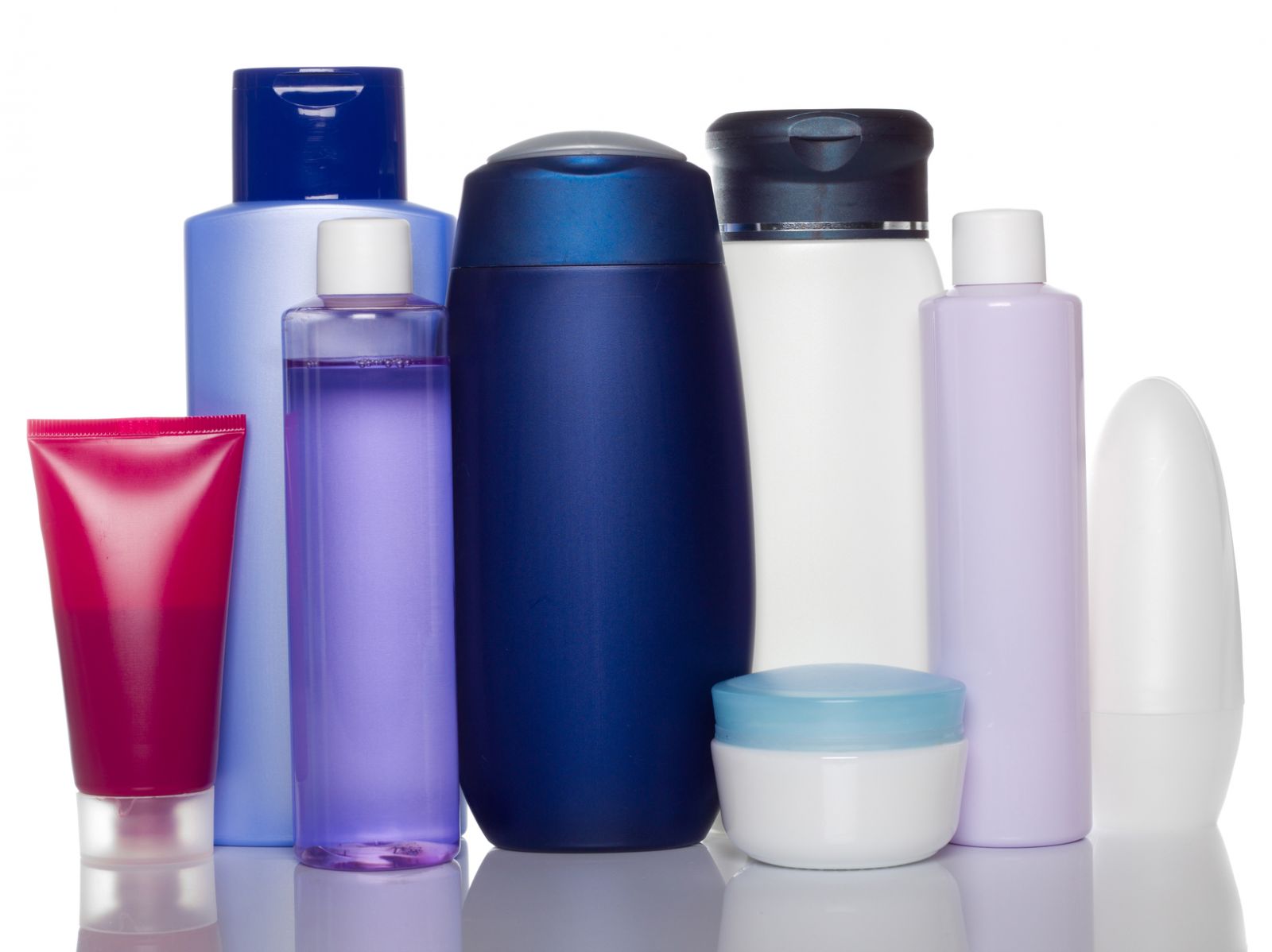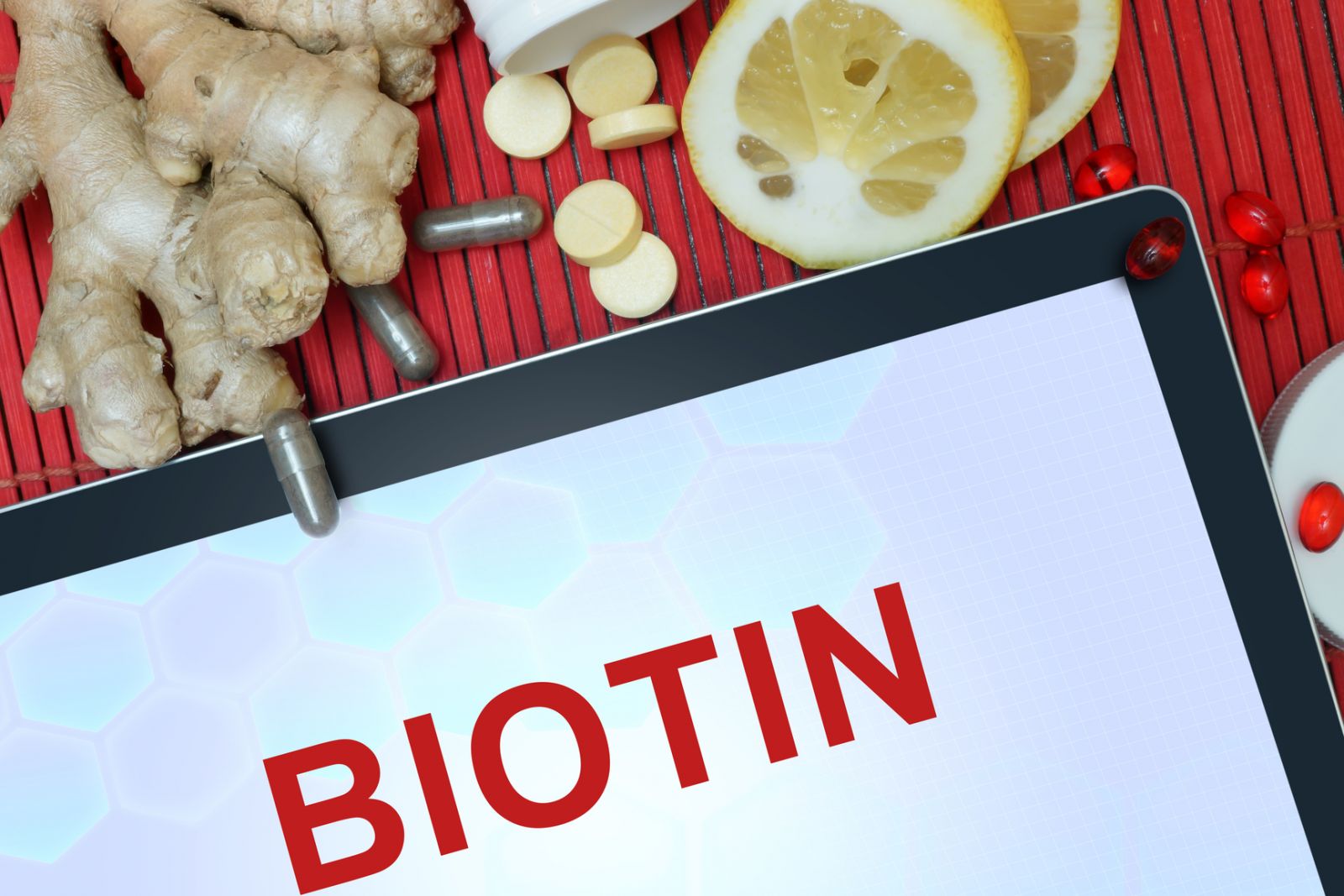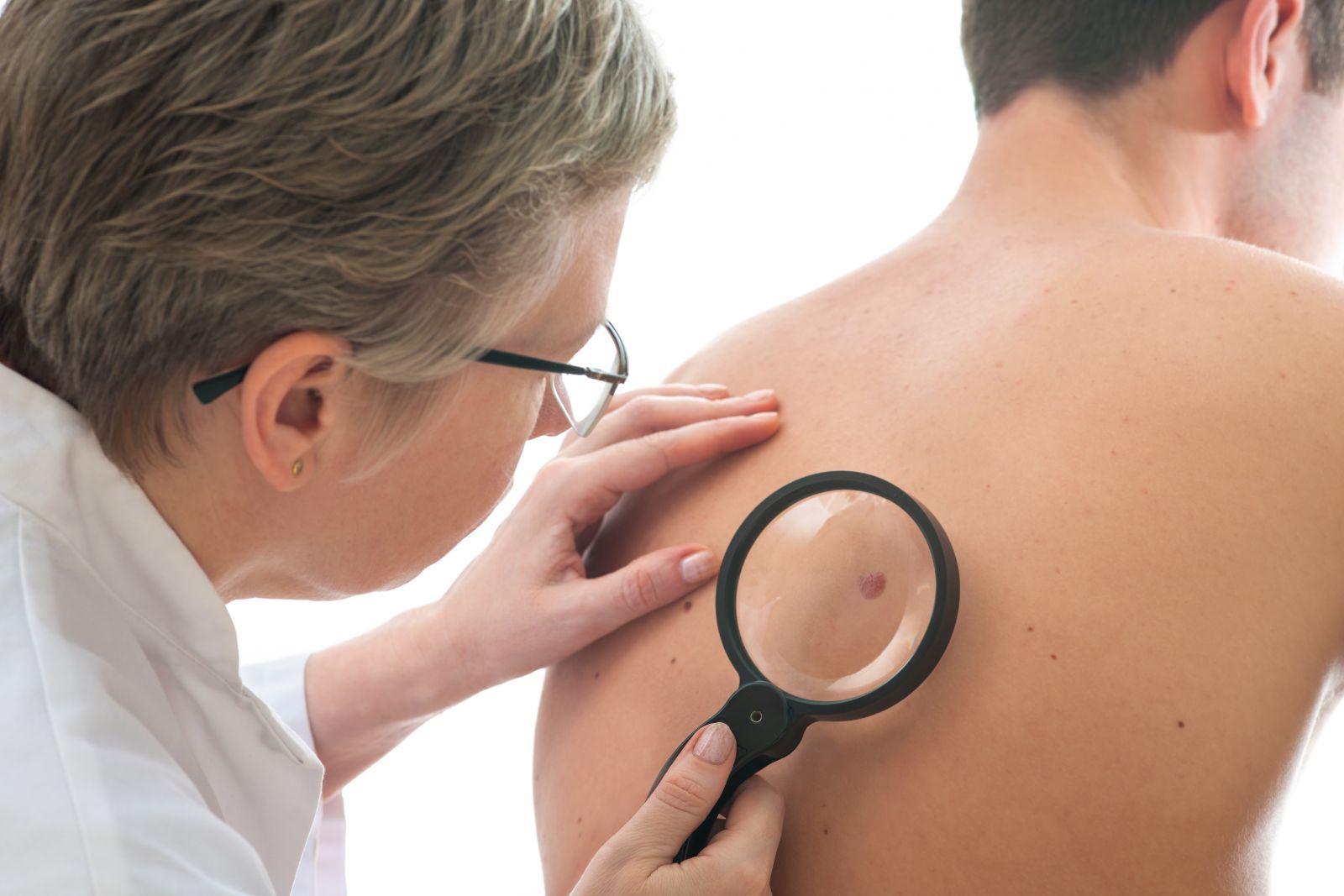Welcome to the DermacenterMD Blog
Posts for tag: skin care
 In dermatology, acceptance and responsibility are two key components that we need. Why? Well, I will tell you why.
In dermatology, acceptance and responsibility are two key components that we need. Why? Well, I will tell you why.
The lack of protection from the sun is one of the underlying driving forces to precancers (actinic keratosis), wrinkles, pigmentation, and even skin cancer. Unfortunately, most every person does not apply the amount of sun protection that they should. It’s essential that we wear sunscreen and protect ourselves. Even a scientific study done on farmers in west Texas backs this up. When sunscreen was applied to one half of the face and not the other half during three months of summer, the side of the face with sunscreen applied every day has half as many precancer (actinic keratosis) growths as the other side of the face.
This simple study demonstrated the power of daily sunscreen for reducing precancer lesions. On top of this, we know that age spots, wrinkles, and skin cancer are caused by sun exposure.
So, to get our skin looking and feeling the best, we need to use sunscreen every day. This can be in the form of lotions, sunscreens themselves, and make up for women. In addition, choosing a sunscreen that has the proper ingredients is key. Finding sunscreen with Titanium Dioxide or Zinc Oxide is useful since these ingredients are physical blockers. This means that they bounce the sun off the skin. Another quality ingredient in sunscreen is Avobenzone or Parsol 1789. This is also an excellent ingredient which can be a powerful agent in preventing sun damage.
Use daily sunscreen with Titanium Dioxide, Zinc Oxide or Avobenzone (Parsol 1789) to reduce your risk of sun damage and skin cancer. The simple habit could pay big dividends!

5 Health Benefits of Biotin
Vitamin H, or biotin, is a part of the complex B vitamins. Biotin is a vitamin that can be very beneficial to your health. Here are 5 health benefits you can garnish from taking biotin:
1.Strengthen hair and nails
Biotin can help to thicken nail cuticles and prevent breakage. While there is little evidence to support the idea that biotin increases hair growth, there is evidence to support that a deficiency can lead to hair loss. Many hair care companies are now including biotin directly into their products.
2.Improve health of your skin
B vitamins play a key role in the function of the nervous system and affect hormone function; therefore biotin can play a significant role in skin health. If skin is not nourished from the inside out, toxicities will form through the nervous system and manifest on the skin’s surface.
3.Aid in weight loss
Biotin supports metabolic function and helps to break down food, especially carbohydrates.
4.Lower cholesterol
When cholesterol levels are too high you are at a greater risk of developing health problems such as heart disease, heart attack and stroke. It is thought that biotin can help to reduce bad cholesterol levels.
5.Regulate blood sugar
Biotin has been associated with helping to prevent and fight off diabetes. A 2005 study conducted by the Biomedical Research Institute found that biotin deficiency has been linked to impaired glucose tolerance and decreased utilization of glucose. Therefore, taking biotin could help your body to properly use and absorb glucose.
It is always best to check with your doctor before adding any supplement to your diet. Biotin is found in many foods and most people already meet their daily requirements if they have a nutrient-rich diet. However, taking it as a supplement can be helpful. Consult your doctor before adding biotin to your diet.
Source:
Webstie: http://www.chatelaine.com/health/wellness/biotin-can-boost-your-health/
Study: http://www.ncbi.nlm.nih.gov/pubmed/15992683
 The medical name for a mole is melanocytic nevus. It is a common benign growth of the color cells of the skin known as melanocytes. Moles normally appear during our first year of life and peak in number in the second or third decade. The average number of moles for an adult is 25. Moles can increase in number with sun exposure, especially sunburns before the age of 12. Some moles may even disappear as you get older.
The medical name for a mole is melanocytic nevus. It is a common benign growth of the color cells of the skin known as melanocytes. Moles normally appear during our first year of life and peak in number in the second or third decade. The average number of moles for an adult is 25. Moles can increase in number with sun exposure, especially sunburns before the age of 12. Some moles may even disappear as you get older.
The more moles you have, the greater your chance is of developing melanoma, the most serious and potentially fatal form of skin cancer. Chronically sun exposed body sites have a higher density of moles normally. Moles may increase in size, particularly before the age of 20. Having a high number of large moles also increases your chances of developing skin cancer.
Keeping track of your moles and checking your skin every month can help to ensure that you know where your moles are and you can be certain that they are not growing or changing. A new or changing mole is at the highest level of risk for skin cancer. If you find anything suspicious in a mole, it is best to have it looked at by your dermatologist.
If you have found something suspicious, call to make an appointment today: 574-522-0265.
Source:
.jpg) Hello My Friend,
Hello My Friend,
I sit down to write this blog post as I read yet another article about the potential health epidemic tied to the skin. What problem? Vitamin D is the problem. Maybe you have heard of the stir it has caused, and maybe not. According to WebMD, researchers have found low Vitamin D to be a problem in too many Americans. Scientific America reported up to three-quarters of U.S. teens and adults are deficient in Vitamin D, the so called “sunshine vitamin.”
What does this have to do with you and me? Well Vitamin D is a vitamin which uses a conversion process in the skin to make it useful for our body. The conversion process requires sunlight. So, many people have jumped on a bandwagon trying to encourage more sun exposure. The benefits are felt to be elevated Vitamin D levels and a reduction in the possible problems tied to low Vitamin D like cancer, heart disease, infection, and other health problems.
The problem is that skin cancer is also rising at epidemic proportions. In fact, over 3.5 million cases of basal cell or squamous cell carcinoma are diagnosed in the U.S. each year. Some experts estimate as many as 1 in 3 Americans will get skin cancer at some point in their life.
Therefore, we are caught in a dilemma. Should we get more sun or not? The American Academy of Dermatology has made it clear we cannot put ourselves at risk of skin cancer if possible. They provided a position statement to describe their recommendations which includes to continue protecting the skin from the sun and work to get Vitamin D from dietary supplements. Taking oral Vitamin D was felt to be the most important step in getting levels up to normal if they were low.
In short, we should be aware of this ‘hot topic’ as well as our own Vitamin D levels. In addition, we need to make sure we are taking enough daily, and still be aware of the harmful impact the sun can have on the body.
I wish you all much success, peace, and happiness.
Roger Moore, MD
 Many topical acne treatments have the potential to be drying to the skin. Add in dry, cold winter weather and sometimes the regimen you were using in warmer weather is suddenly causing your skin to be red and dry. The following guidelines are recommended year-round for acne treatments, but are especially important during these winter months to keep your acne treatment on track without causing irritation.
Many topical acne treatments have the potential to be drying to the skin. Add in dry, cold winter weather and sometimes the regimen you were using in warmer weather is suddenly causing your skin to be red and dry. The following guidelines are recommended year-round for acne treatments, but are especially important during these winter months to keep your acne treatment on track without causing irritation.
- WAIT –Wait at least 30 minutes after washing your face before applying your medication
When there is increased moisture in the skin, the amount of product absorbed by your skin increases. In the case of some treatments (such as those used for rashes) this helps the medication work better. However, in the case of many acne medications, this increases the likelihood that you will experience irritation. Also considering swapping your face wash in winter months . If you have sensitive skin, a gentle skin cleanser such as cetaphil or cerave will get your skin clean while minimizing irritation.
- APPLY – Apply a very thin layer of medication to the affected area.
More is not better –in fact, too much product will be more irritating and could delay improvement. For the entire face, you should use no more than a pea-sized amount of product, taking care to avoid the eye area and folds around the nose and mouth.
- MOISTURIZE- If you are experiencing dryness, use a lightweight moisturizer .
Even acne prone skin sometimes needs help in the moisture department. A moisturizer that is formulated not to clog pores can really help keep your skin in good condition while treating acne. Look for moisturizers that state “non-comedogenic” or “non-acnegenic.” Cerave and Cetaphil are two brands that make lotions that would be excellent for acne-prone skin. In some cases, applying a moisturizer before applying the topical will help make an acne medication more tolerable, others find it more helpful to apply after applying the medication or use the following morning.
- MODIFY- If your regimen is too drying to use daily, modify how you are applying your treatments
If you are getting too dry, it is best to hold on your acne topical and use a moisturizer only until the irritation resolves. When you resume treatment, try modifying how often you are using the medication. Start with every other day, or treat for 2 days and hold for one day to see if this is better tolerated. As stated above, sometimes applying a moisturizer first will also help make a product more tolerable during dry, cold weather. Some products can be used as short contact therapy (also called “SCT”) where the product is used as a mask – apply to clean skin, leave on for 5-10 minutes, rinse with warm water and then apply a moisturizer. Short contact therapy provides a way to deliver a small amount of medication to the skin.
- CALL – Most importantly, if you are experiencing an adverse reaction to your treatment, give us a call.
At DermacenterMD, we want your treatment to help your acne, not cause another problem for your skin. If you are experiencing an adverse reaction, we will work with you to help you figure out what modifications can be made to make your regimen work.
Archive:
Tags
- dry skin (2)
- moisturizer (1)
- sensitive skin (3)
- PA (2)
- Skincare (2)
- skin cancer (29)
- cancer (6)
- facts (1)
- skin (19)
- dermatology (22)
- skin care (19)
- cosmetic (2)
- wrinkles (1)
- Botox (4)
- Dysport (3)
- sleep (1)
- look good (1)
- daily routine (1)
- healthy lifestyle (1)
- doctor (2)
- patient (1)
- sun protection (5)
- sunscreen (14)
- aging dermatology (1)
- providers (1)
- tanning (2)
- sun (6)
- UVA rays (2)
- UVB rays (2)
- melanoma (10)
- Acne (2)
- Treatment (2)
- sunscren (1)
- sun exposure (5)
- Melanoma Monday (2)
- Skin Cancer Awareness Month (1)
- education (2)
- skin cancer specialist (1)
- basal cell carcinoma (1)
- squamous cell carcinoma (1)
- ingredients (2)
- improve your smile (1)
- cosmetics (1)
- laser (1)
- fillers (2)
- sunburn (3)
- avoid the sun (1)
- hat (1)
- sun clothing (1)
- SPF (1)
- Rosacea (3)
- NP (1)
- Nurse Practitioner (1)
- mid-level provider (1)
- physician (1)
- dermatologist (6)
- cosmetic dermatology (4)
- anti-aging (2)
- youthful looks (1)
- Eczema (2)
- rash (2)
- itch (1)
- the rash that itches (1)
- reduce itch (1)
- itching (1)
- getting along with others (1)
- basal cell (2)
- squamous cell (2)
- detection (1)
- Mohs surgery (2)
- photoaging (1)
- Inspiring (1)
- word of the day (1)
- inspiration (3)
- uplifting (1)
- protection (4)
- lips (1)
- reduce wrinkles (1)
- look younger (1)
- encouragement (1)
- never give up (1)
- you can do it (1)
- medical school (1)
- dreams (1)
- brown spots (1)
- moles (2)
- liver spots (1)
- age spots (1)
- Abe Lincoln (1)
- life lessons (1)
- lip cancer (1)
- health (12)
- motivation (1)
- work (1)
- people (2)
- home life (1)
- lifestyle (1)
- ABCDEs of Melanoma (1)
- mole (1)
- skin check (2)
- skin facts (2)
- odd (1)
- fun (1)
- interesting (1)
- lung cancer (1)
- disease (1)
- Christmas (2)
- gifts (1)
- sun burn (1)
- winter skin tips (1)
- itchy skin (1)
- winter skin (1)
- myths (1)
- myth busted (1)
- skin protection (1)
- sunscreen safety (1)
- specialist (1)
- red skin (1)
- irritation (1)
- feel good (1)
- helping (1)
- help (1)
- helping others (1)
- treatment options (1)
- skin health (9)
- Vitamin D (2)
- tanning beds (1)
- skin health. dermatology (1)
- sunshine (1)
- awareness (1)
- prevention (1)
- sun damage (3)
- connections (1)
- working together (1)
- health care (1)
- biotin (1)
- medical (1)
- aging (1)
- elkhart (1)
- Roger Moore (1)
- check (1)
- skin type (1)
- skin cancer prevention (1)
- gift guide (1)
- Christmas gift guide (1)
- Dr. Roger Moore (1)
- holidays (1)
- family history (1)
